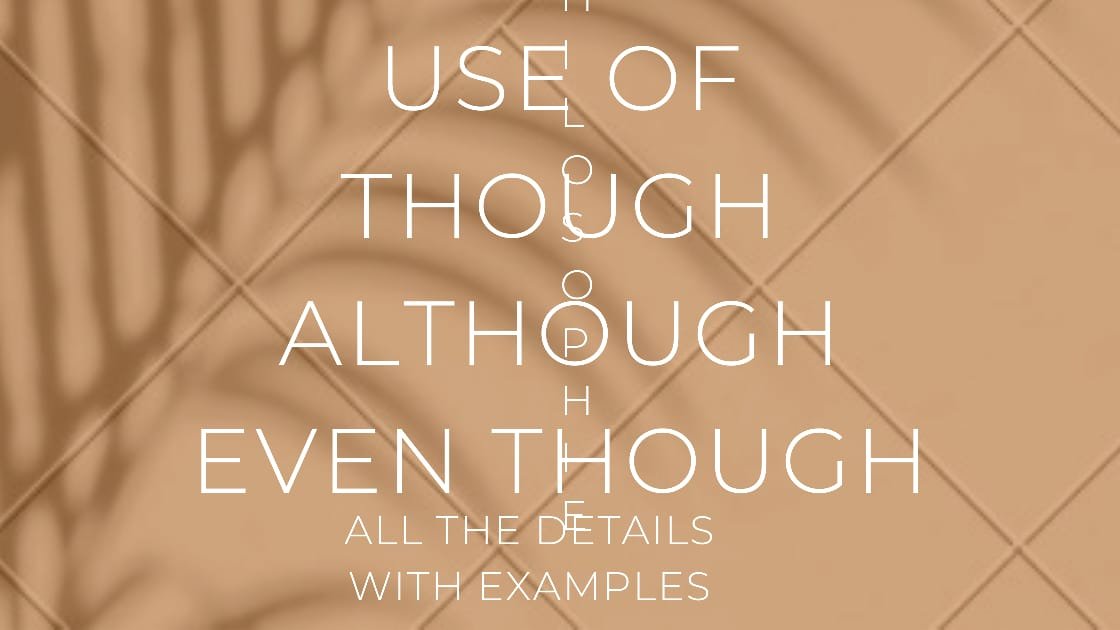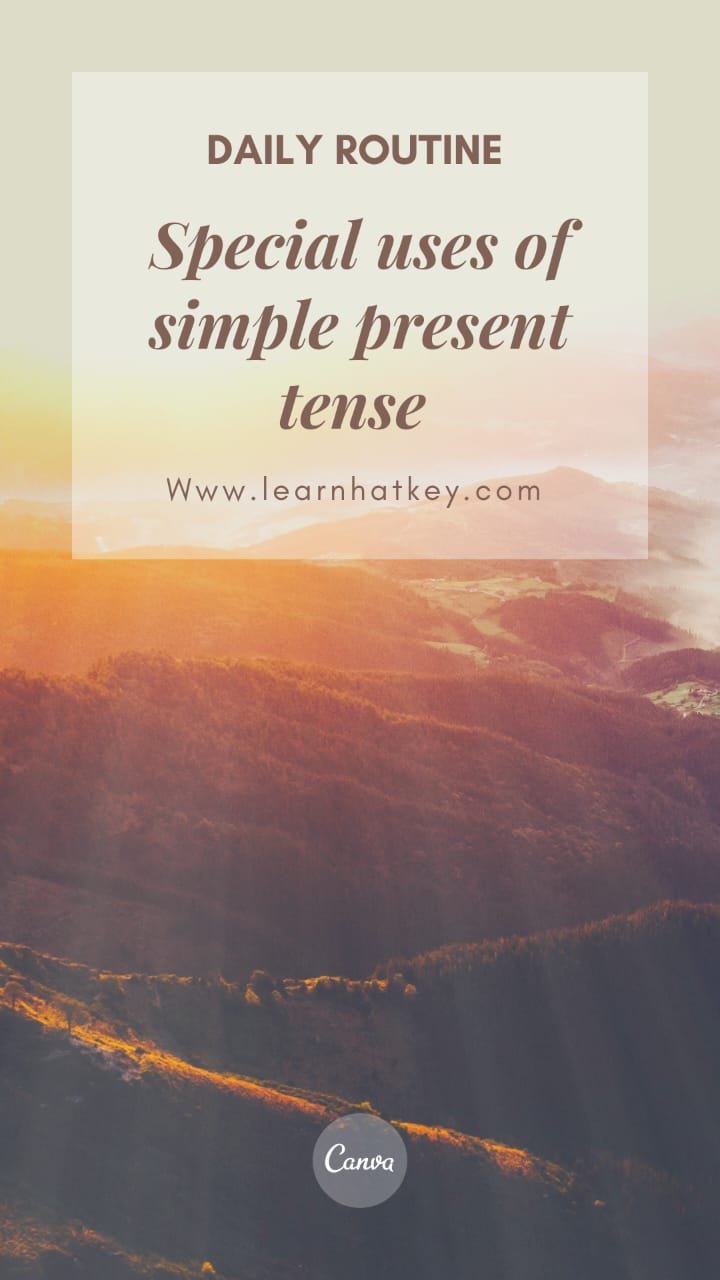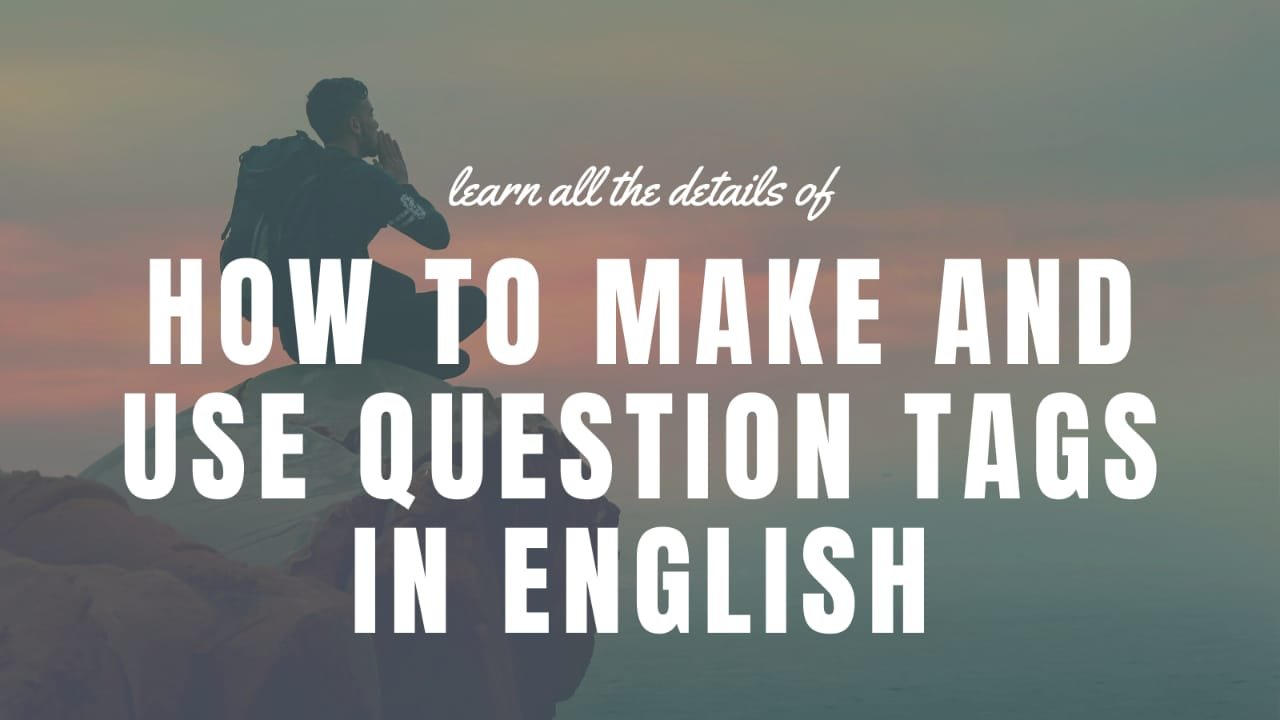Shree Ganeshay Namah
Use of punctuation marks with examples in English
Table of Contents
Introduction
We use different kinds of punctuation marks in our written English. There are 14 important punctuation marks.
They include a full stop(Period), comma, inverted commas(parentheses), exclamatory mark, question mark, colon, semicolon, dash, a hyphen, apostrophe, Parentheses(braces, brackets), slash, and capital letters.
We are going to study the use of all these punctuation marks with examples.
What is punctuation?
Punctuation means the use of marks in writing and printing for separating sentences and words to help make the reader’s meaning clear.
List of punctuation marks.
1)Full stop (Period) (.)
2) Comma (,)
3) inverted commas or quotation marks (“ “)
4) exclamation mark (!)
5)question mark (?)
6) colon (:)
7)semicolon (;)
8)dash (_)
9)Hyphen ( – )
10) apostrophe (‘)
11)Parentheses (braces [ ] { }) brackets ( )
12)Ellipses (… )
13) slash or oblique (/)
14) Capital letters (ABC)
Now we will see all the punctuation marks with their uses and examples.
Rules for using punctuation marks with examples
1)Full stop or period (.)
* We use a full stop at the end of assertive sentences or statements and imperative sentences.
Eg 1) We saw it with our team.
2)Please open the door.
* Full stop is also used for abbreviations and initials.
M.A.
M.B.A.
I.I.T.
Mr. K. T. Thomas
M.G. Road
i.e.
a.m.
p.m.
2)Exclamation mark or point (!)
*It is generally used at the end of exclamatory sentences or sentences with strong feelings.
Eg. 1)How pretty it is!
2)What a good idea!
3)How bad!
4)She is excited!
* Exclamatory mark is also used at the end of interjections.
Eg. Well done!
Bravo!
Alas!
Wow!
Ah!
*Exclamatory mark is used at the end of some imperative sentences with strong and forceful commands.
Eg. Get lost!
Move away from my way!
Stand up!
3) Question mark (?)
* Question mark is used at the end of wh or verbal(Yes/no) questions.
Eg. 1)What are you?
2)Who are you?
3) How are you?
4)What are you like?
5)Where are you from?
6) Are you ready?
7)Will you come with me?
8) Have they finished their work?
4) The comma (,)
* The comma is used to separate a list of 2 or more items in the sentence.
Eg. 1) I want books, paper, pencils, and pens.
2)You should carry fruits, vegetables, groceries, milk and medicines with you.
* The comma is used to separate main (Independent) clauses.
Eg. 1) We went there, sat for some time and moved ahead.
*Add the comma after the introductory phrase or clause.
Eg. 1) In a short while, it started getting dark.
*Use a comma before adding a question tag in the given sentence.
1)I asked him, aren’t I?
* use the comma in the date before the year.
Eg. December 9th,2025
5)The apostrophe (‘)
* We use an apostrophe to prepare the possessive of a noun.
Eg. 1)John’s car is parked here.
*When the plural noun ends in s, give an apostrophe after s’ and don’t write s’s.
Eg. Boys’ hostel
Girls’ college
Books’ shelf
*Use an apostrophe to make short forms of helping verbs with pronouns and not and some other words.
Eg. I’m=I am
Don’t=do not
Can’t=can not
We’ve=we have
6)Inverted commas or quotation marks (“ “)
* Use inverted commas in direct speech sentences to separate direct speech and the remaining sentence.
Eg. He said, “I am ready.”
*we use inverted commas for various titles.
Eg. “Arms And The Men”
“Solitary Reaper”
*Use it to show quoted words or phrases in the sentences.
Eg. I don’t like the words “Hello”
What is the difference between single and double inverted commas?
7)Hyphen (-)
* use hyphens between compound words.
Eg. twenty-five
Day-night
Oil-rich
*Use hyphens to write fractions.
One-fourth
One-tenth
Three-fourth
* Use hyphens after prefixes like self, all, ex
Eg. Self-esteem
All-rounder
Ex-chief
*use hyphens between parts of compound nouns and compound adjectives
Mother-in-law
Brother-in-law
Day-to-day
Well-to-do
8)Dash (_)
* We use a dash to show sudden change or break in thought.
Eg. 1) I will go there _ but I am not sure _I will not go.
*Use dash for halting and hesitant speaking.
He—He will come.
I don’t know—hum,
9)Colon (:)
* We use a colon to introduce an example, a list, an explanation, or a quotation
Eg.
*Use a colon to emphasize a certain point.
Eg.
10)Semicolon (;)
*We use the semicolon to combine closely related sentences
Eg. 1)We have many books; many of them are new.
*Use semi-colon before however to show the relation between two sentences.
I decided to go; however, there was no need for it.
11)Parentheses (Brackets () and braces []{}
* we use brackets to add extra information or fix mistakes.
Eg. The doctor (And his assistants) were preparing for the surgery.
*We use braces in academic writing and in presenting quotes. They are also called as curly brackets or fancy brackets. We use them in mathematical problems and computer programming and in music notes.
12)Ellipsis (…)
* Ellipses are used to show that some letters or words are omitted
* Use ellipses to create an intriguing and mysterious atmosphere
Eg. 1) We thought to go home…later we reached school.
2)She was thinking…maybe she will go to a movie.
13)Slash or oblique (/)
*Use a slash to show a fraction, a measurement, or options in your sentences.
Eg.1/2
¼
1/3
14)Capital letters (ABC)
* use a capital letter at the beginning of every new sentence.
Eg. We are ready for action.
*Use a capital letter at the beginning of the name, surname, nickname, or initials
Eg. John T. Thomas
Conclusion
From the above discussion, we can conclude that punctuation is a very important part of our English writing and printing.
It is helpful in understanding clearly.
With love+ respect from team learnhatkey.com






2 thoughts on “How to Use of punctuation marks in English grammar”